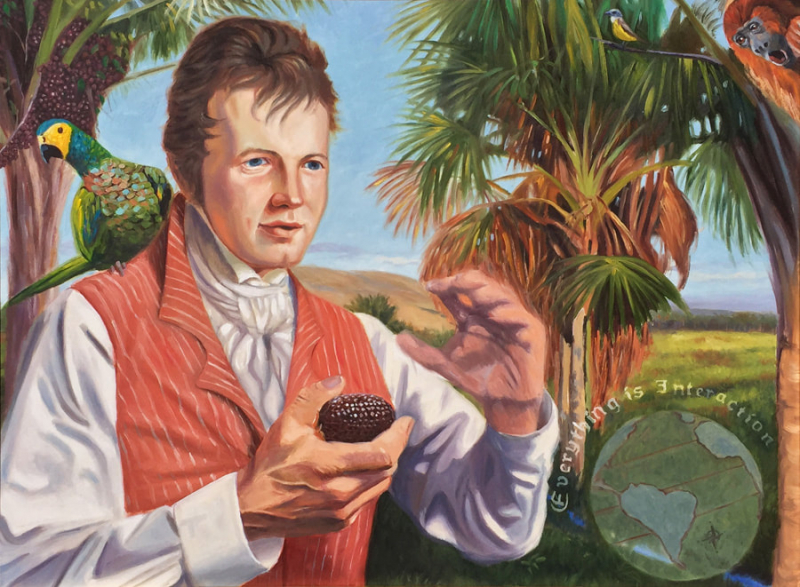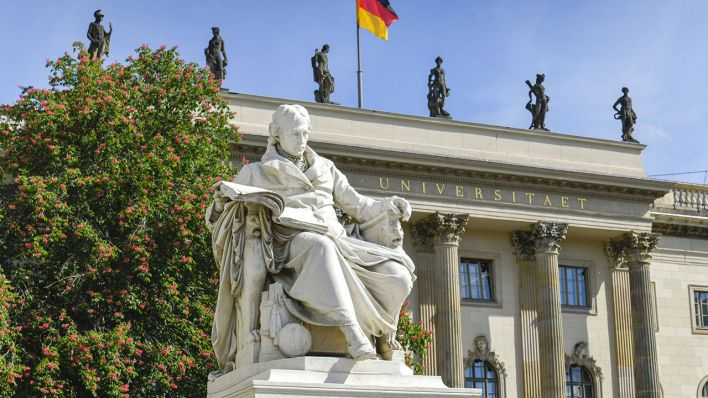Humboldt died at the age of 89
On February 24, 1857, Humboldt had a minor stroke. Two years later, his health began to deteriorate, and he died on May 6, 1859, at the age of 89. He is still regarded as one of the most significant contributors to earth sciences.
Humboldt, who died at the age of 89, traveled to four continents and wrote more than 36 books and 25,000 letters to a global network of correspondents. He had an infectious personality and boundless curiosity, surrounded himself with some of the leading minds of his era, and never stopped talking. Humboldt straddled the enlightenment penchant for wanting to know everything about everything and the establishment of modern scientific methods designed to question that accrued knowledge. He was charismatic, annoying, exuberant, caustic, and undeniably relevant.
Alexander von Humboldt is credited with inspiring generations of early naturalists in the Western world for his contributions to the natural sciences. Andrea Wulf's biography of Humboldt, The Invention of Nature, calls him a "founding father" of environmentalism who has "been largely forgotten in the English-speaking world."
Those who knew him, however, were aware of his significance. Thomas Jefferson referred to him as "the most scientific man of his age," and Charles Darwin stated that Humboldt's work was responsible for his voyage on the Beagle. Humboldt was likened by the poet Johann Wolfgang von Goethe to “a fountain with many spouts from which streams flow refreshingly and infinitely so that we only have to place vessels under them.”









